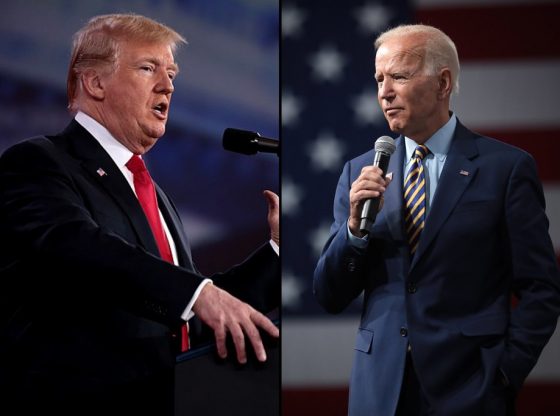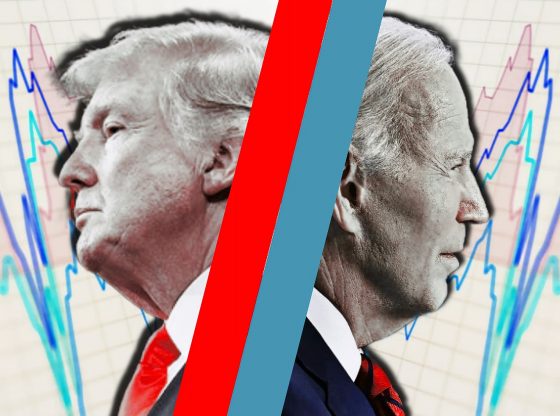A recent survey conducted by Echelon Insights has drawn attention to the shifting landscape of the 2024 Presidential race, particularly the resurgence of former President Donald Trump as the favored Republican candidate. The results, highlighting the notable sway Trump holds over GOP primary choices and general election preferences, shed light on the dynamics of the forthcoming electoral race.
In the realm of the GOP primary, Trump has seized command, boasting 49% overall support, with an even more pronounced 56% among voters situated in battleground states. Florida Governor Ron DeSantis lags behind, securing 16% of total support, and a slight uptick to 22% in battleground states. Vivek Ramaswamy holds the third position with 10% overall support, dropping to 7% in battleground states. The remaining candidates, including Senator Tim Scott, former Vice President Mike Pence, and Nikki Haley, languish with single-digit poll numbers.
When queried about their propensity to support individual GOP candidates for the nomination, Trump stood out with 66% favorability, escalating to 72% within battleground states. DeSantis, despite trailing, garnered a respectable 52% overall support, escalating to 61% within battleground states, while Ramaswamy secured 40% overall support and 37% in battleground states.
In a theoretical head-to-head matchup between President Joe Biden and Trump, the poll results forecast a neck-and-neck race, with 45% of respondents indicating a probability or certainty to vote for Biden, closely trailed by 44% expressing the same sentiment for Trump.
However, just 28% of voters expressed enthusiasm for a Biden re-election bid, compared to a hefty 59% opposition. This sentiment held even among Democrats, with only 60% indicating a likelihood or certainty to vote for Biden in a primary.
In a three-way race scenario, with Trump, Biden, and an independent candidate, Trump sustains his edge, capturing 43% of the vote to Biden’s 41%, independent of the identity of the third candidate.
Conducted from June 26-29, the survey operates with a margin of error of plus or minus 3.9 percentage points, highlighting the intense competition and shifting alliances in the run-up to 2024.










